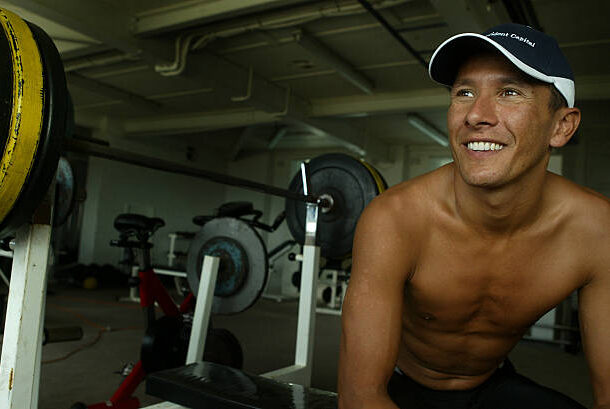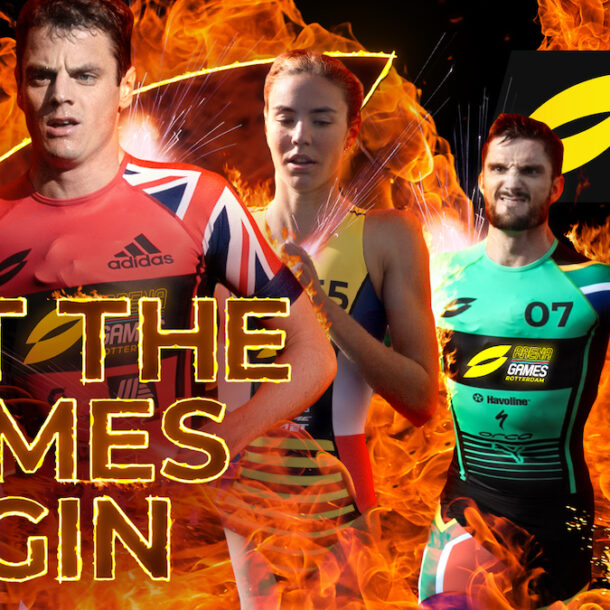
If Ironman are in trouble and ultimately do not survive this, it would be a tragedy and the worst-case scenario for our sport.
In Episode 106 of the MX Endurance podcast, I sat down with Tim Ford to chat about the state of affairs for triathlon amid a global pandemic. We talked about the challenges that Ironman and global sport events companies may be facing.
The big takeaway from this whole crisis globally from an events and sports perspective is the uncertainty of it all. We knew it was really bad, but none of us have really lived through a pandemic before. What a virus is, how it works, how it mutates, how infections grow and how that affects a community and an economy is something we’re all learning.
I think every sport, whether it’s Rugby Union or surfing or triathlon, if you’d spoken to us in December and we were all doing our forecasts and planning for 2020, 2021 and onwards — no one anticipated the COVID-19 pandemic. Many of these sports were borrowing for expansion, we had huge commitment and excitement going into an Olympic year, and partnerships, media engagement and the foundations of sport as an industry were solid and if anything expansionary.
COVID was like a tidal wave. It just happened so fast and with such ferocity and immediacy that it took everyone by complete surprise. Suddenly, things had to change.
There’s going to be big repercussions from this especially as the time lags begin to open up: the time between last event and next event begins to expand for many operators and sports. There will be companies that survive and don’t survive, and the landscape will look very different. Within all sports the flexibility of those companies will be the deciding factor in those who survive and those who don’t, along with their balance sheets and to some degree a level of luck. Those companies who borrowed to expand or were highly indebted companies have been clearly punched in the head, and whether that is a knockout punch or they can get up from the canvas (to use a boxing metaphor) will be a mix of many factors.
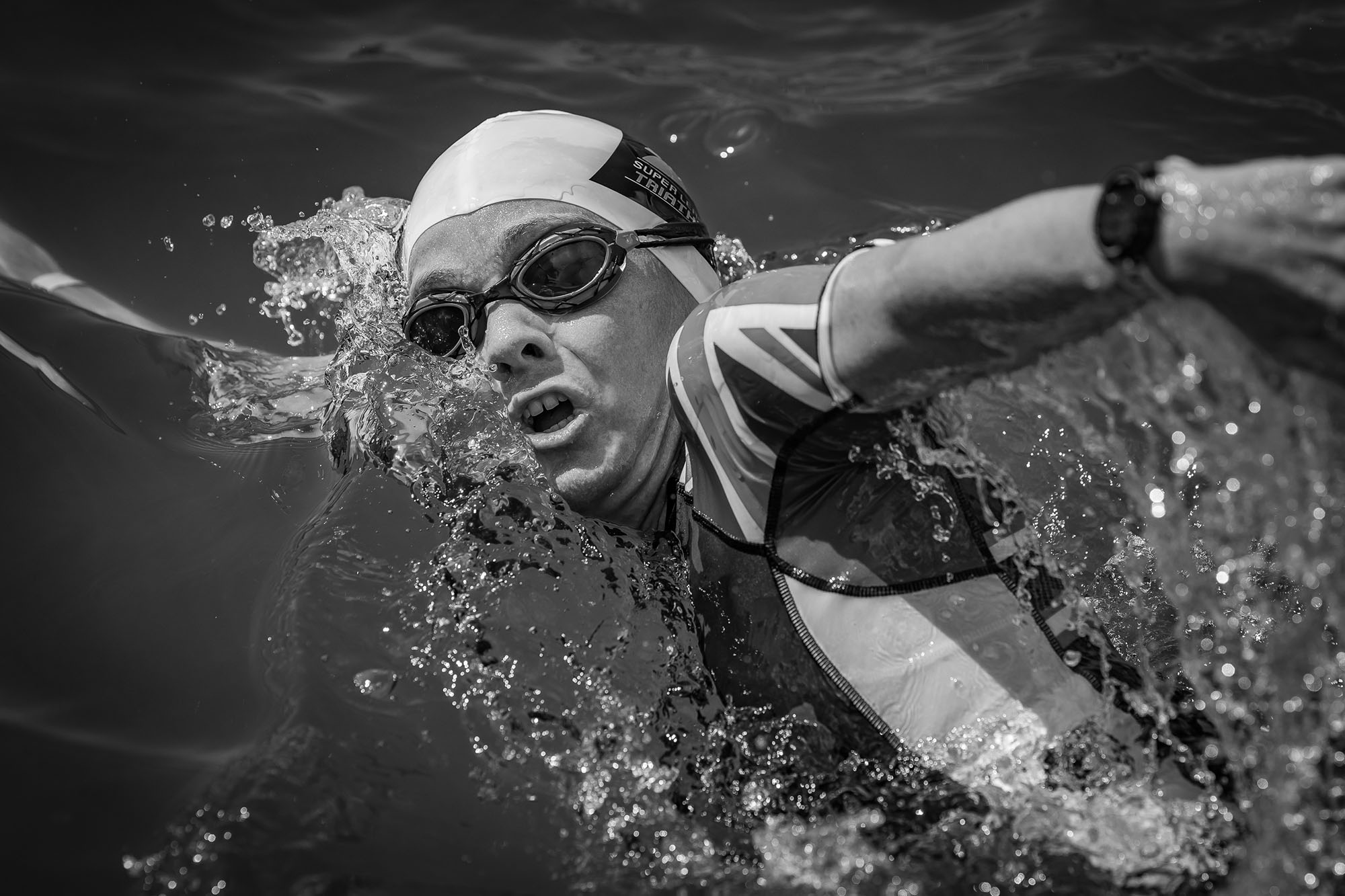
It is obvious and necessary that things will be different, but different isn’t always bad. If you expect the same product or the same freedom of movement in the short term, you’re going to look at the state of things and say it’s going to be too hard. If you try to look at the positive in these situations and appreciate that this is a moment in history and time that affects the world equally, then you start to move away from feeling like a victim and take that same sort of attitude that drove your business or yourself forward, applying it in a positive and productive way again.
There are days when I wake up thinking it’s just the shake-up we need to get rid of the dead wood and many of the players that can create much of the bureaucratic issues, congestion points and product failures that stagnate growth for any industry. Instead we could have key passionate drivers leading the sport. It is only the driven and passionate that tend to survive in times like this. Less does not always mean it is worse. But there are considerations that are greater than just this sport’s ecosystem; it’s part of the world’s ecosystem, it is part of behavioural economics and the potential of existing in a very different health landscape than we have ever known.
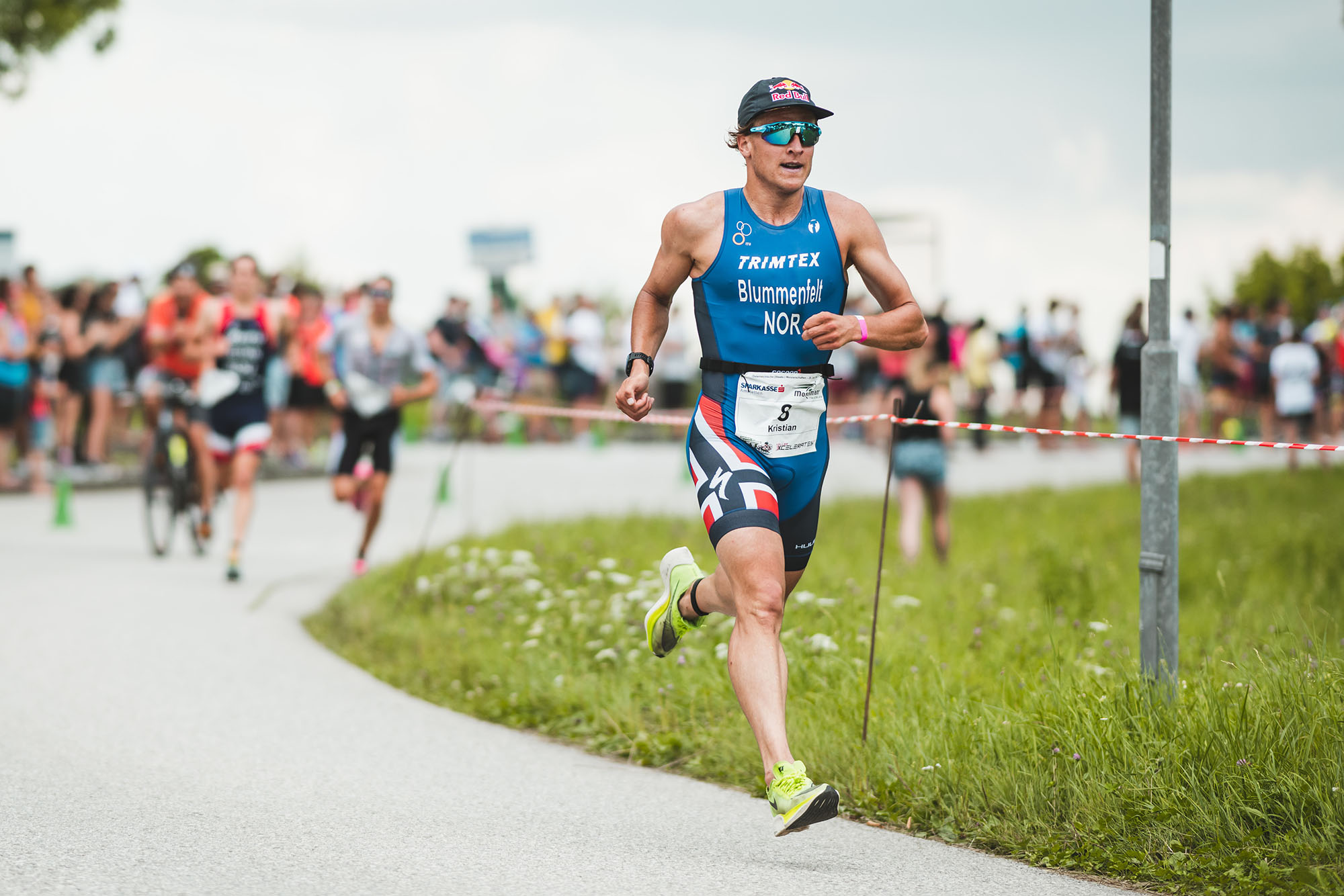
So how do you build a product when you don’t know the certainty of opening borders, or the freedom of movement of athletes and media from continent to continent, or the survival of many of the partners who provide the funding and the sponsorships which much of sport relies so heavily on? Sport has deep-reaching tentacles into human psyche, culture and health, and all of these are affected in a pandemic in substantial ways. It’s not going to get back to how it used to be in the short term, but it is not the end of sport in that period either.
Having some understanding of the headwinds that all companies in the triathlon and endurance space are facing right now, Ironman being driven 98% by mass participation and mass participation being the most affected of all sports — if Ironman are in trouble and ultimately do not survive this, it would be a tragedy and the worst-case scenario for our sport. Ironman is magnificent: fantastic product, gold standard for mass participation events, it changes people’s lives and across the board has been solely responsible for the exponential growth in triathlon globally.
Debt has been a problem for Ironman, but they’ve also grown the brand significantly by taking on that debt. Debt isn’t always bad if the environment surrounding that debt is positive, but right now that is not the case. Anyone who’s run mass participation events knows that initially those events lose money and take two to three years to grow, so it is quite normal to have to take out loans and invest in these events. When Providence sold to Wanda there were around 120 events in the world. Now there’s 270 plus.
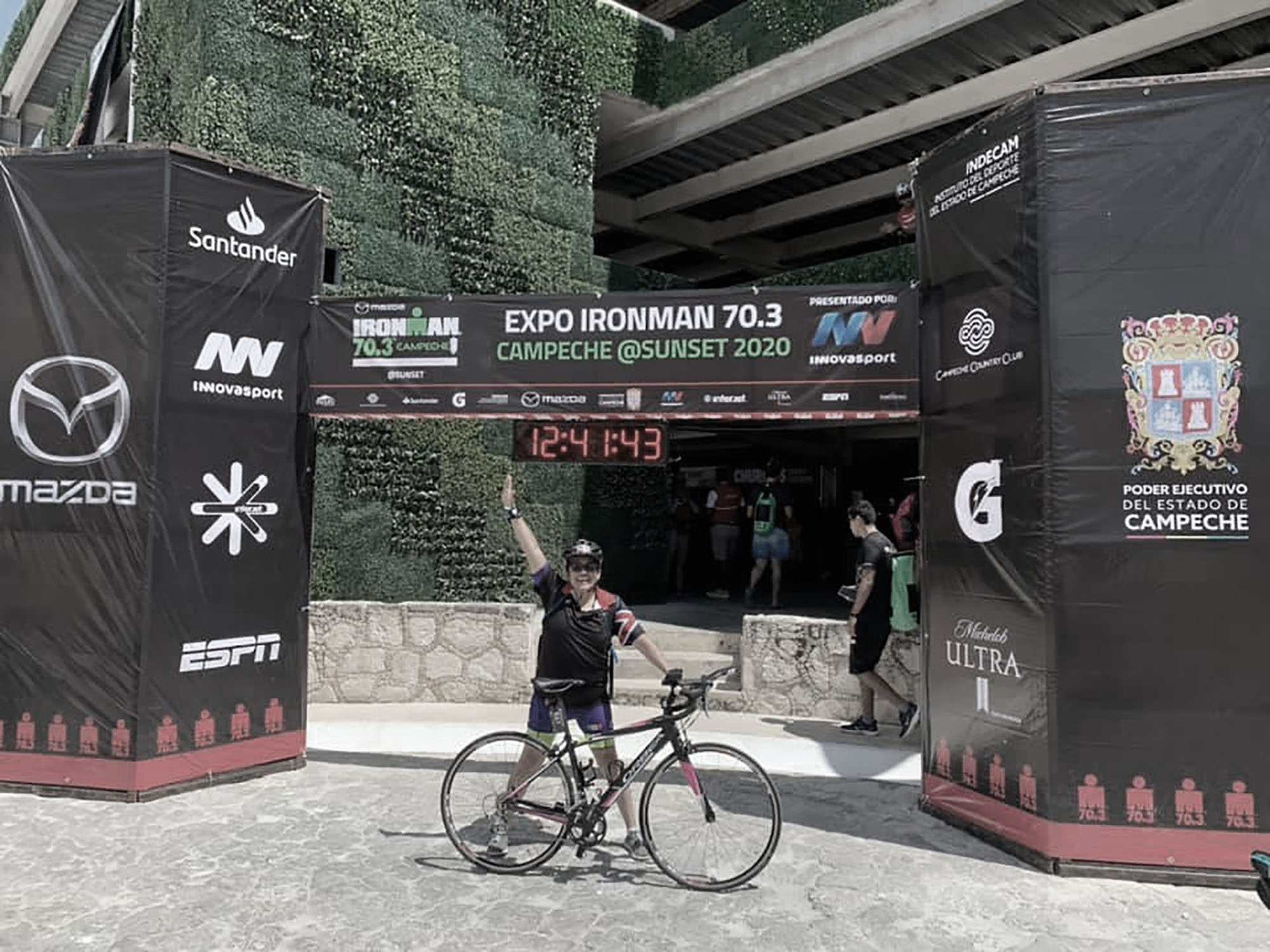
Ironman gets a rough time of it from many people who sit on the sidelines and throw stones but have never done anything remotely as close as driving an organisation of this magnitude in a global marketplace. It is a huge undertaking and so many headwinds and issues, I can only sing some praises to the them as an organisation. Whilst I may have done some things differently, I cannot argue that the drive of the CSuite team at Ironman was the positive expansion of the sport and the brand. I still believe that very much.
Fundamentally I think the problem they’re going to have is their local operators who own the licenses to deliver Ironman events. Ironman as a brand may survive — but the local operator that runs seven events in a region may not, so you lose all those events in one fell swoop. This is where I see a possible major pullback in events at the end of this for Ironman. The brand is solid, but the ocean of events will definitely be a much lower tide at the end of this, as these local operators who deliver these events for Ironman are left high and dry after this pandemic.
You’re going to see a lot of that in Europe, in Asia, and Australia. It’s going to be dependent upon the freedom of movement of people between regions, with many events solely relying on that freedom of movement to survive.
When you’re pitching for a host venue, the first thing you’re doing is pitching bed nights and how many tourists are going to come. They give you a portion of host rights money that helps you set up an event. Not anymore. Large regions like the US aren’t going to be allowed to enter other regions until they’ve got their COVID crisis under control. So racing is going to be more localised. That is going to bring up the question: is there enough of a participant base for a country like Australia to have four Ironmans? Those are the things you have to consider and many of the satellite events regionally that also survive on this will be victims of the over-supply of events. Even if athletes wanted to support those events, they may be unable to due to travel restrictions, quarantine issues, and other governmental policies that could differ between nations.
Pivoting for a company the size of Ironman and trying to be everything to everybody in a crisis that nobody saw coming will be their demise. They have to stay true to their product, which is the mass participation league. Give them a bit of slack. It’s unbelievable what’s happening out there. Will the product be better? I think at the moment they’re looking at all their event operators, trying to support them and help them survive. Ironman lives off the mantra “Anything is possible” and we will wait and see just how true that is.
The mass participation market has driven Ironman’s value. It’s amateurs and age groupers who say, “I only want to do Ironman races. Challenge doesn’t interest me.” Ironman has successfully built that value. People who haven’t done triathlon want to do an Ironman. It’s because the brand is so powerful that it is what “triathlon” is to many people. That’s not Ironman’s fault.
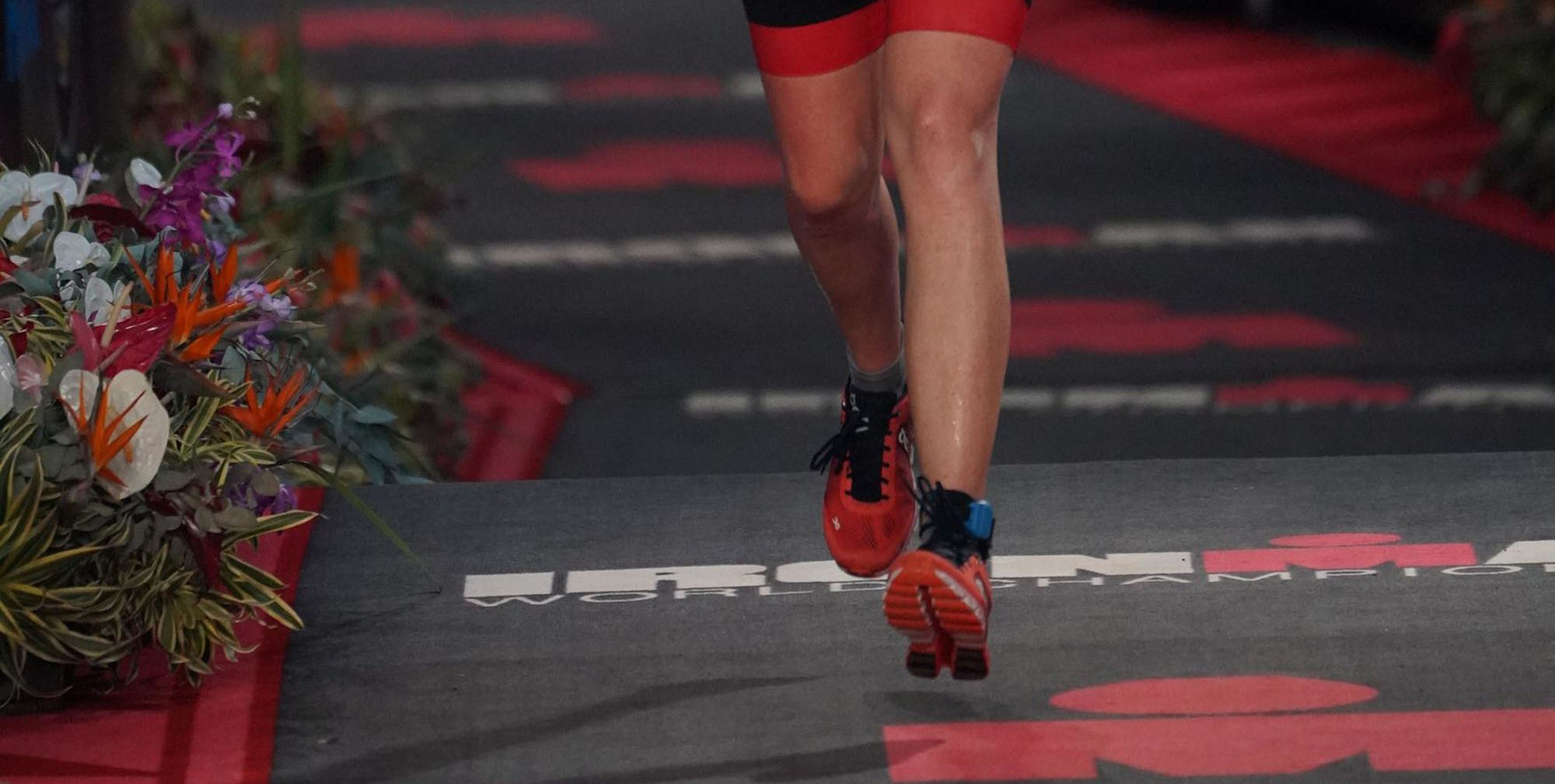
Ironman has marketed their brand very well, and especially because of their ownership of Kona they’ve dwarfed every other race. But now it’s a different world; the Ironman experience may not be the same as it used to be with rolling starts and held over the course of a whole day. And then you have people who have done Ironman brand events who will say it’s not as good because it’s not the same.
The call to triathletes is to experience other races. That’s what triathlon looked like in the ‘90s. People didn’t identify by a brand; they identified by a race experience, and it just happened to be an Ironman race or it happened to be Noosa, or Wildflower. Triathletes do not have to identify themselves solely by the brand or distance they race.
For the full podcast interview, head to mxendurance.com/podcast or listen on your favorite podcast app. Sign up for the MX Endurance podcast membership to gain access to exclusive monthly bonus podcasts, as well as a wide range of benefits for only $10/month.
Philosophy
“Great things happen to people who make great things happen.”
Navigate
chris@macca.com
Terms & Conditions
Privacy Policy
